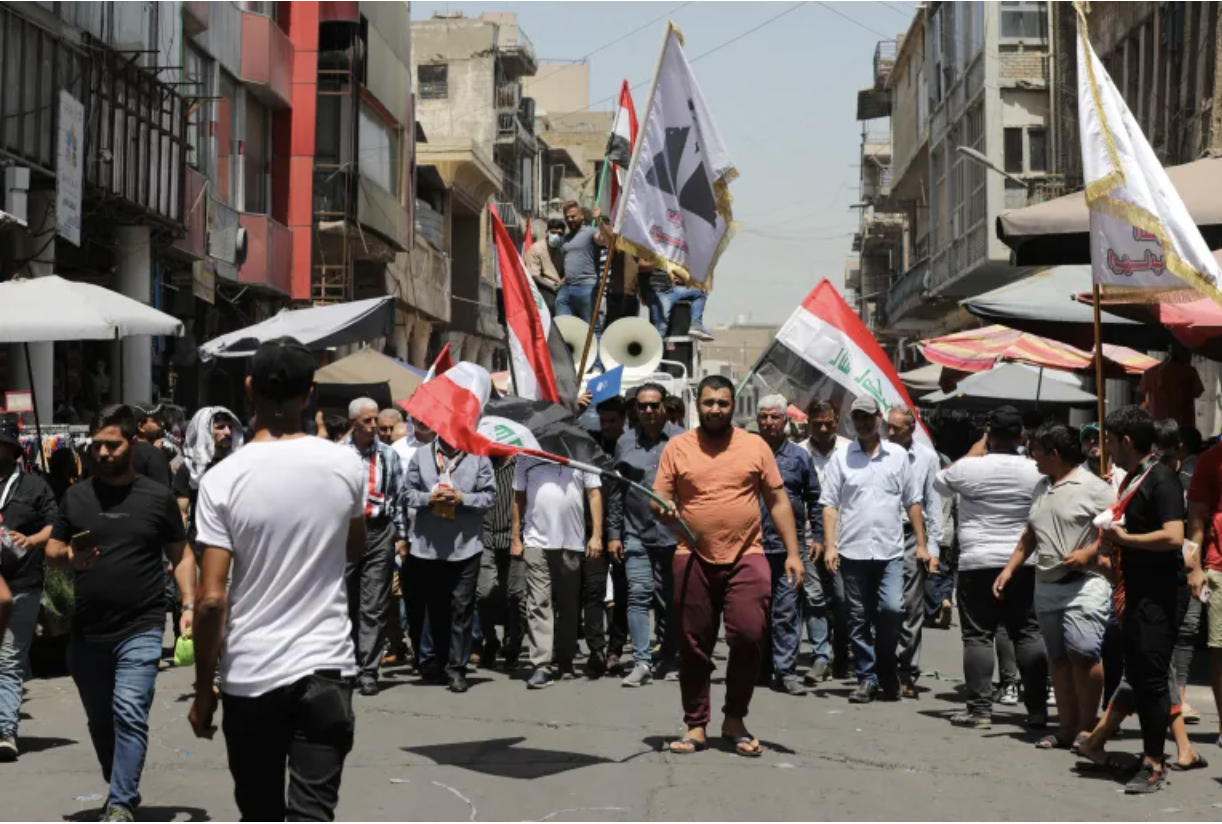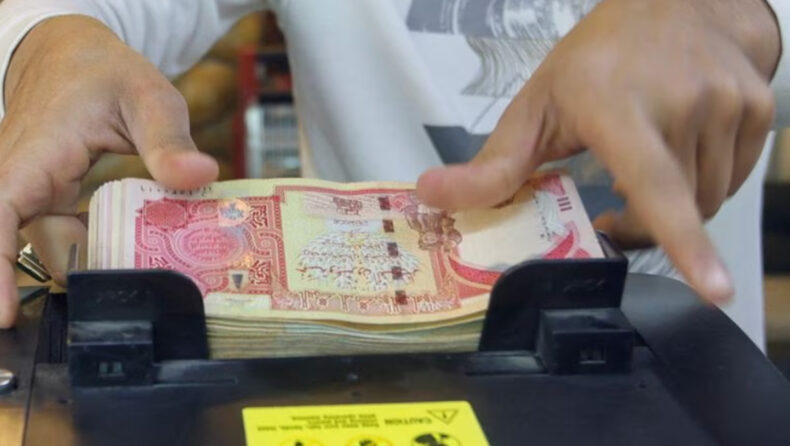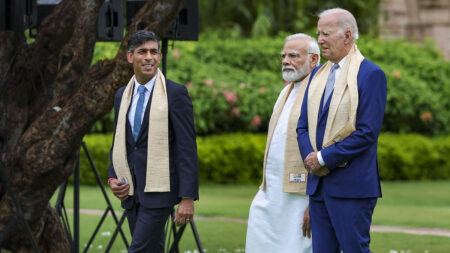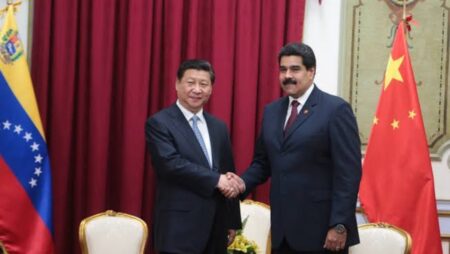In a recent development, the United States has imposed sanctions on fourteen private banks in Iraq, banning them from dealing with the US dollar. The move comes as these banks face allegations of siphoning funds to Iran and engaging in money laundering activities. This decision has triggered widespread protests outside the Central Bank of Iraq in Baghdad, as the Iraqi dinar has seen a sharp decline in value. The blacklisting of these banks has raised concerns among bank owners and citizens, urging the government to take action to stabilize the economy and restore foreign investments. Let’s delve deeper into the situation and its implications in this article.
Table of Contents
US Dollar Ban Sparks Protests and Economic Woes
The ban on fourteen private Iraqi banks from dealing with the US dollar has had significant repercussions on the nation’s economy. As the dinar’s value took a nosedive, dozens of protesters, organized by the Thuwar Tishreen (October Revolutionaries), gathered outside the Central Bank of Iraq to demand government intervention. This ban has exacerbated economic turmoil in the country, with fears that it may further impede foreign investment and hinder economic growth.

Private Bank Owners Urge Government Intervention
The owners of the affected private banks have issued a joint statement, calling on the Iraqi government to take swift action in response to the US sanctions. Haidar al-Shamaa, the owner of a private bank in Baghdad, emphasized that the ban not only impacts the dollar exchange rate but also poses a threat to foreign investments. Bank owners are seeking an opportunity to defend themselves against the allegations, asserting their banks’ independence from any political tensions and willingness to undergo audits.
The Impact on Iraq’s Financial Sector
With almost one-third of Iraq’s 72 banks now blacklisted due to the recent and previous US sanctions, the country’s financial sector faces significant challenges. The ban has created uncertainty and instability in the market, leading to a sharp increase in the dollar’s street rate compared to the official rate provided by the central bank. The situation requires urgent measures to restore confidence in the banking system and safeguard the country’s financial interests.
The Role of the Central Bank and Government
Central Bank Governor Ali al-Allaq has attributed the dinar’s decline to traders resorting to the black market for hard currency instead of using the official exchange platform. While the central bank continues to supply dollars for legitimate transactions at the official rate, the blacklisting of banks has further complicated the situation. The government must collaborate with the central bank to implement measures that stabilize the dinar and mitigate the impact of the sanctions on Iraq’s economy.
Past Sanctions and Their Ongoing Effects
The current ban on private banks dealing with the US dollar is not the first time Iraq has faced such measures. Late last year, the United States imposed restrictions to curb money laundering and the illicit flow of dollars to Iran and Syria from Iraq. These previous sanctions already limited Iraq’s access to hard currency and had a profound impact on the nation’s economic stability. The recent move compounds the challenges faced by Iraq’s financial system and demands swift and effective action.
Navigating Unrest and Economic Challenges
The US dollar ban on fourteen private Iraqi banks has stirred unrest and economic challenges in the country. As protesters voice their concerns and bank owners urge government intervention, Iraq’s financial sector faces a critical juncture. The government, in coordination with the central bank, must take decisive measures to stabilize the dinar’s value, restore foreign investment, and address the allegations against the blacklisted banks. Only through concerted efforts and strategic initiatives can Iraq overcome the current crisis and foster a more resilient and prosperous financial landscape.













